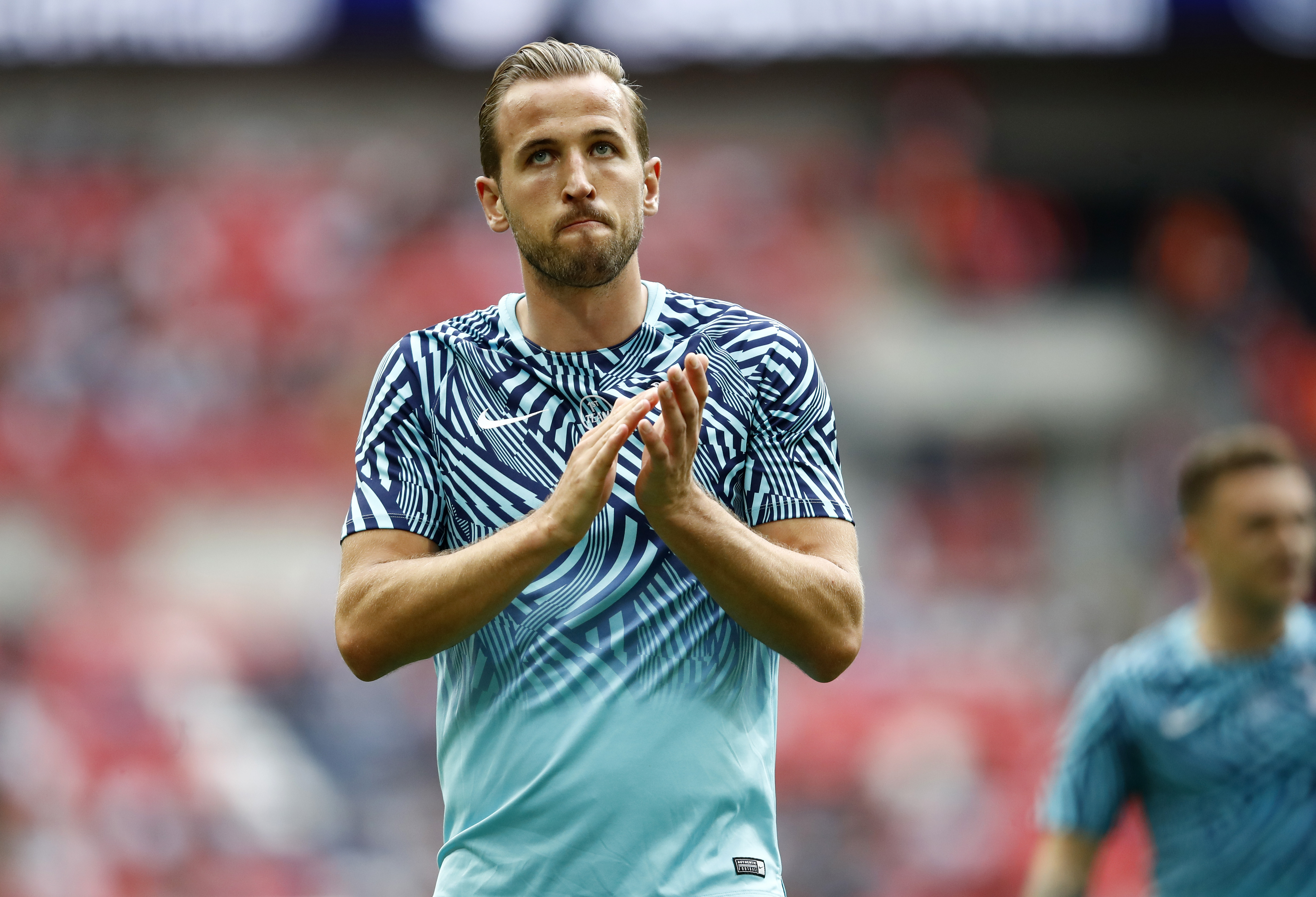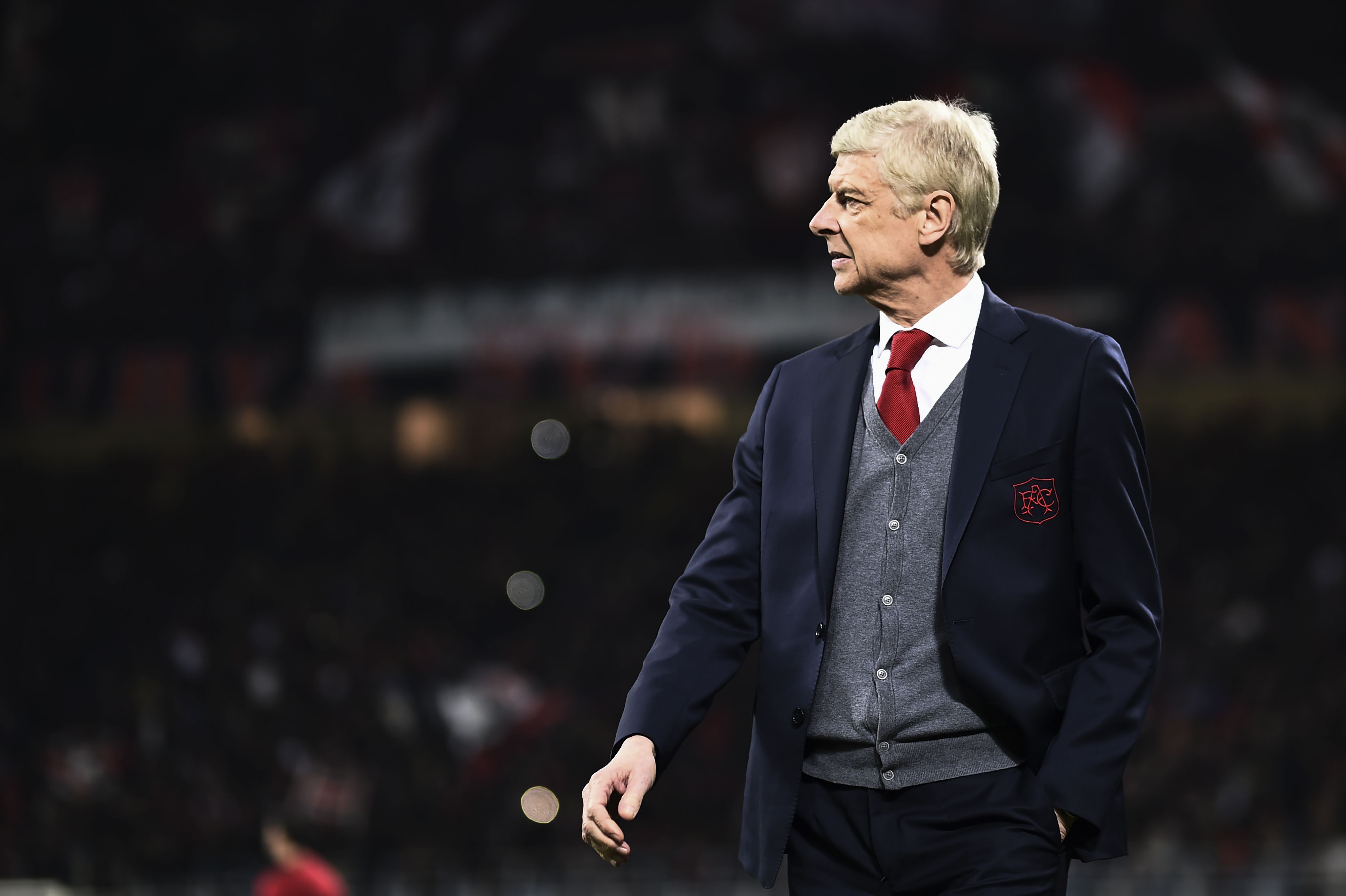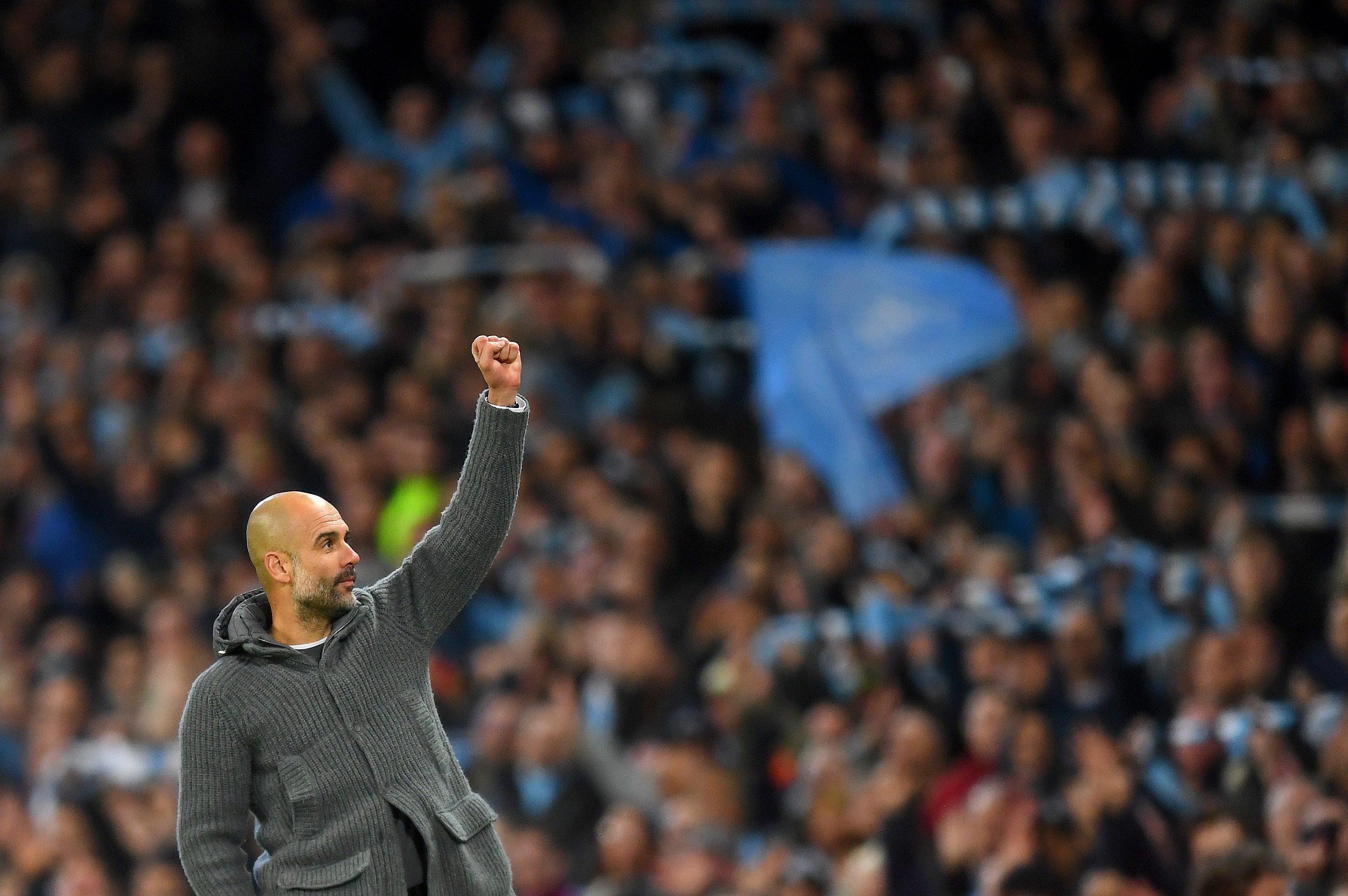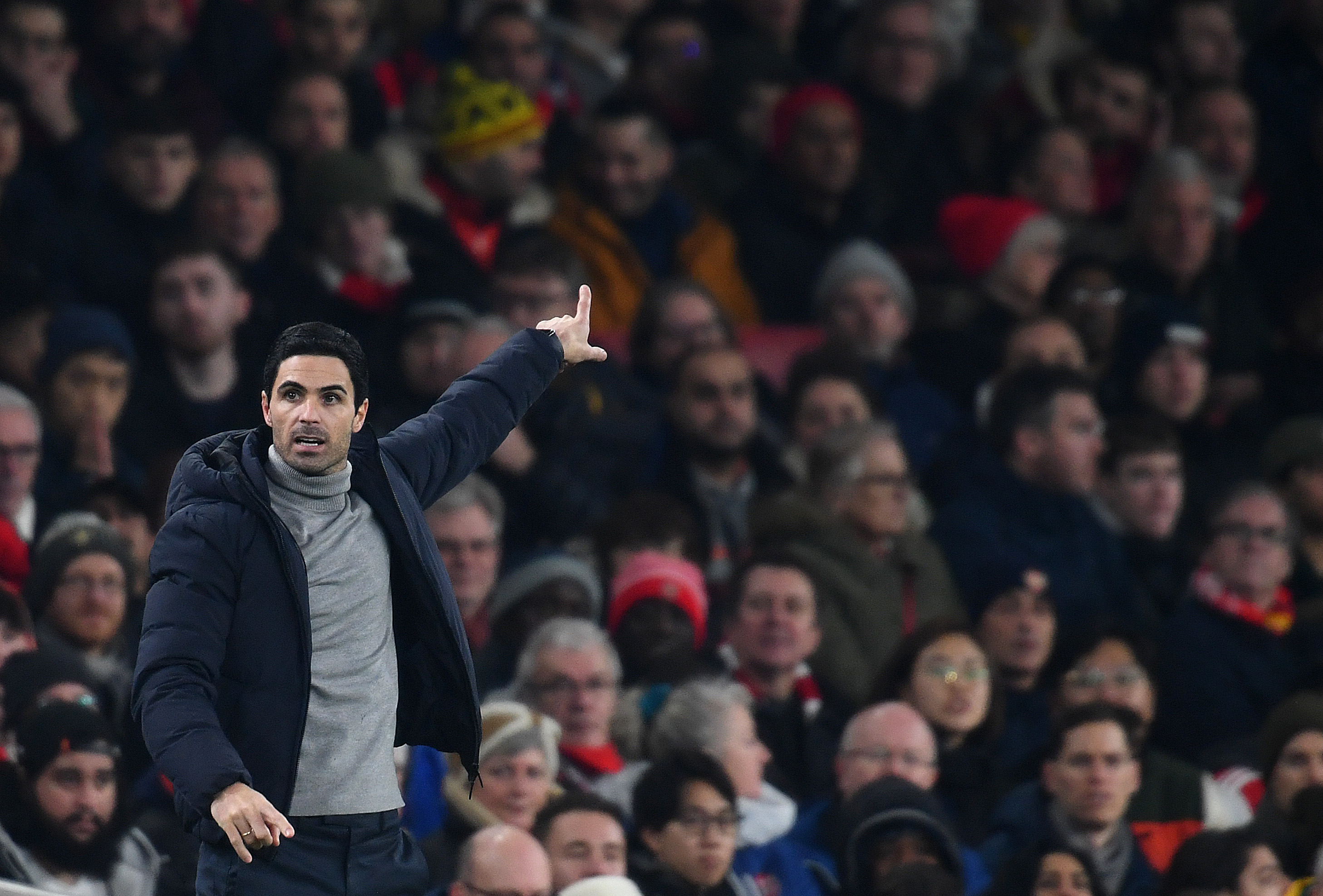As the Premier League gears up for a return to normalcy, we equip you with an in-depth view of everything about Wolverhampton Wanderers and their season so far.
Wolverhampton Wanderers are seeped deep into the history of English football as one of the founding members of the English Football League in 1888. More proof of the same is their performance over the course of the past century and a half or so. They sit fourth on the all-time league table for points gained at any level of English professional football, only superseded by Manchester United, Liverpool and Arsenal.
Despite such success, Wolverhampton Wanderers – you can call them Wolves if that name is a handful – have won the English top-flight title just a mere three times, all three victories coming during the 1950s, which was the most successful era for the club. During the same time, they won the FA Charity Shield thrice and the FA Cup twice.
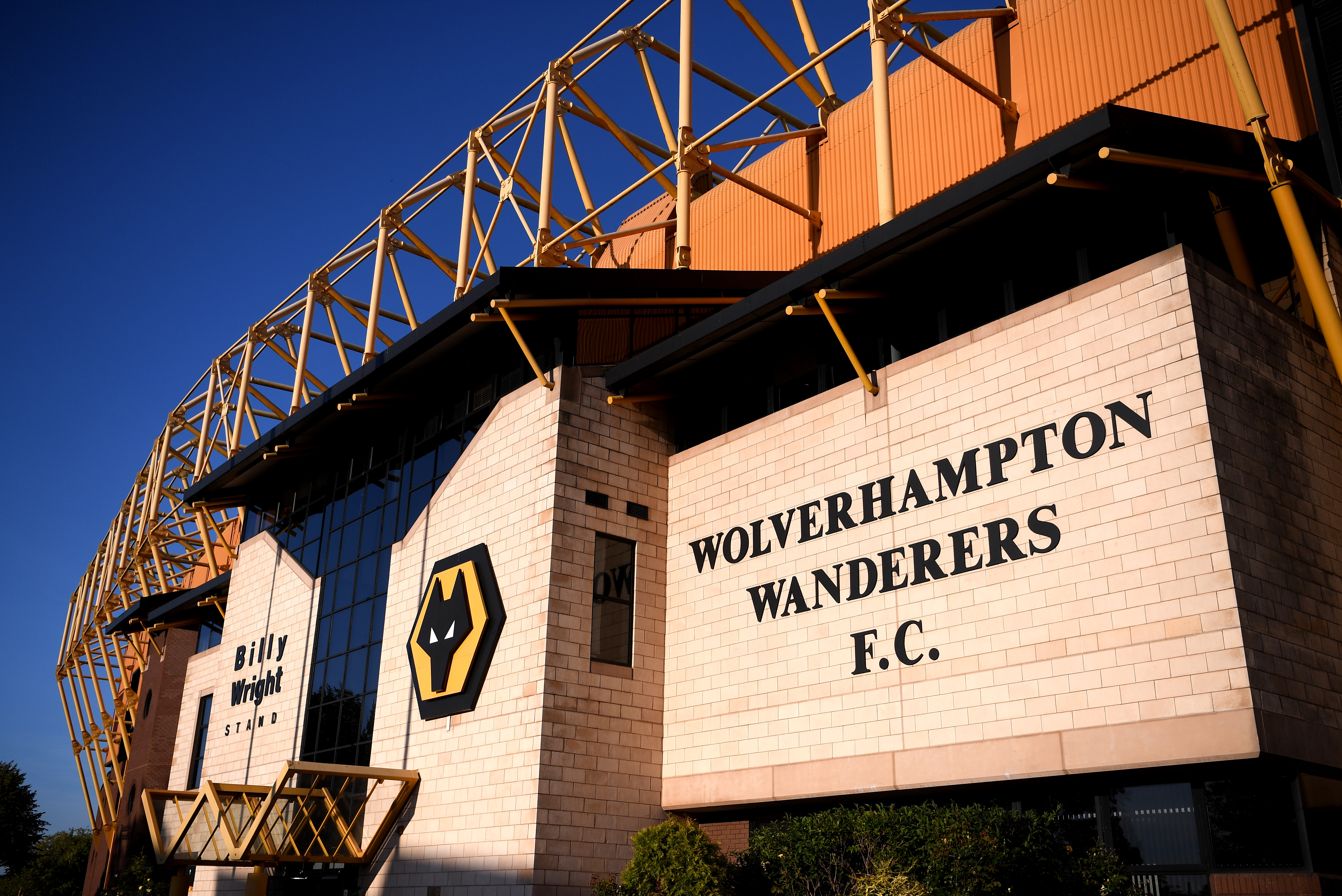
After this stellar decade, the only way was down for Wolves, who underwent a major financial crisis, subsequently losing their best players and being forced to the third division of England by the time the 80s hit. However, an end to a 19-year absence from the top-tier was brought in 2003 when the Midlands outfit were promoted after winning the playoffs against Sheffield United.
Wolves faced a change of ownership three times in 30 years, but found some much-needed stability in 2016 after being bought by Fosun International, who were quick to trust club management and invest in the rebuild.
After just two seasons, they were promoted to the Premier League and in their first campaign upon returning to the top-flight, they finished the season in 7th place, qualifying for the UEFA Europa League, a result that sent shockwaves to the core of the English league.
They have bettered their incredible 2018/19 campaign this time around, with the help of additional investment, improvement in tactics and retaining their best players. More about this, as The Hard Tackle takes a deep dive into Wolves’ campaign so far.
The Story So Far…
There was a lot of pressure on Wolverhampton Wanderers this season, seeing as they had to compete in four competitions as compared to the three last term. The added burden was of the Europa League, and everyone expected them to crumble under the pressure early in the tournament, like Sean Dyche’s Burnley in 2018/19.
However, Wolves’ owners invested in the club even further to help bring in new signings that could add the much-needed depth to their squad. For context: nine players registered more than 3,000 minutes in the league in 2018/19. They confirmed the signing of nine players including the permanent transfers of Raul Jimenez and Leander Dendoncker.

Despite this, their season started like everyone had expected, as they failed to win their first six games in the Premier League, a run that included 4 draws and two defeats; although to be fair, they did face the likes of Leicester City, Manchester United, Chelsea, and Everton in this run. However, this series of results also meant that Wolves were left 19th in the league.
In a turn of fate, and in some part tactics, their season took a turn for the good after Gameweek 6, as they registered consecutive 2-0 wins against Watford and the defending champions Manchester City. Adama Traore scored a brace in the win over City, in what was his first goal in the Premier League in two years. The 24-year-old had more to give as the season wore on.
Wolves outdid themselves when they faced Pep Guardiola’s men in the return fixture at Molineux, coming from 2-0 down to beat them 3-2. The game saw Wolves keep 61%(!) possession, the highest percentage ever recorded against a Pep Guardiola side.
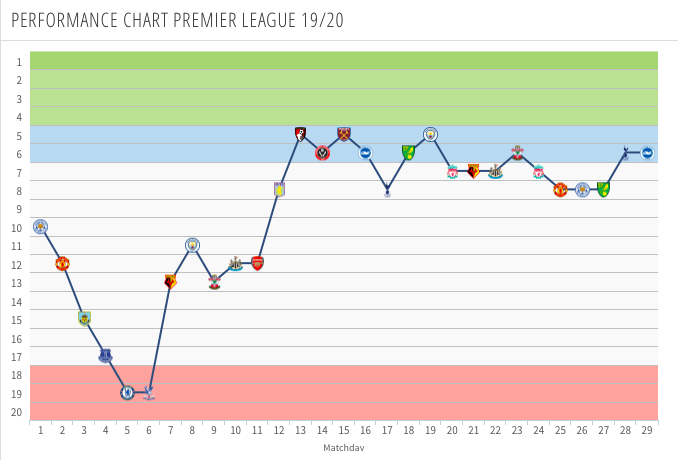
They have managed to beat the odds time and time again this season, winning 11 out of a possible 27 points against the ‘Big Six’, including a double against City, two draws with Manchester United, and a win over Tottenham Hotspur. They also managed a stalemate against Arsenal, but who’s to say which of the two is a bigger club now?
At the moment, Wolves sit 6th in the table, two points adrift of fifth-placed Manchester United and five off Chelsea, who are fourth. They are in very real contention of qualifying for the Champions League this season, especially when you consider that 5th place might be good enough this year due to Manchester City’s European ban. Their stunning revival starting from 2017/18 can be credited largely to one man – former goalkeeper, now manager, Nuno Espirito Santo.
The Manager: Nuno Espirito Santo
As a player, Nuno Espirito Santo was a goalkeeper, playing in several teams around the continent, but he managed to make no more than 200 senior appearances in his club career. He was, luckily, a part of Jose Mourinho’s FC Porto that won the UEFA Champions League in 2004, which remains the highlight of his playing career.
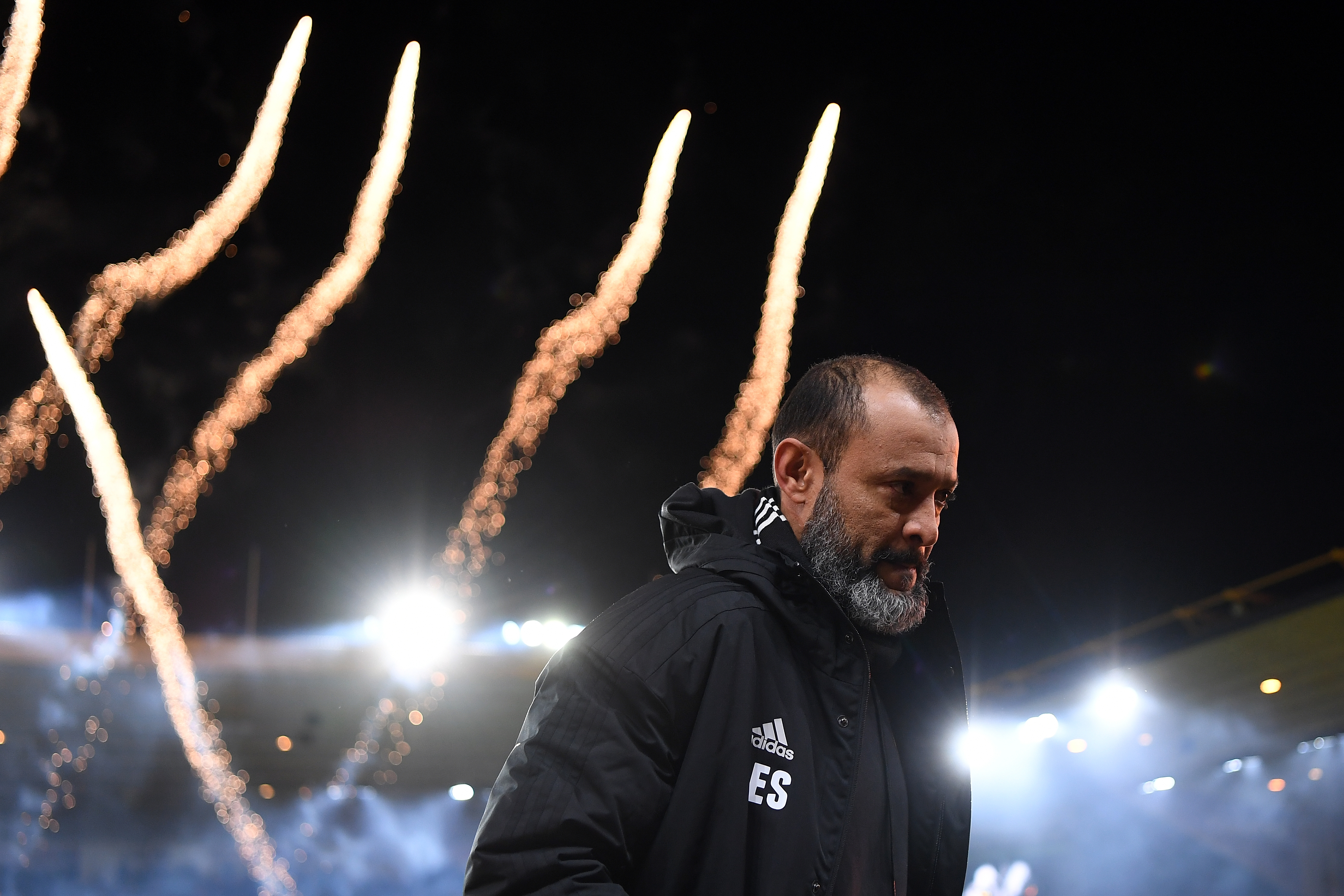
His journey as a manager began in 2012 when he signed his first coaching contract with Rio Ave, a Portuguese club, where he led them to the Europa League for the first time in the club’s history. This is when he started to attract attention from the top 5 leagues, with Valencia the first to act on their interest, appointing him as their manager in 2014.
Nuno won three Manager of the Month awards in his first season in charge at the Mestalla, but resigned in the subsequent campaign. He then joined FC Porto, but after an underwhelming 2016/17 campaign, he was relieved of his duties. The 46-year-old found a job immediately after with Wolverhampton Wanderers, who returned to the Premier League under his tutelage.
In their first season back in the top-flight, the Midlands club managed to go without a defeat in September 2018, helping Nuno win the Manager of the Month award – an honour never won by any Wolves coach before in the Premier League. The rest… Well, you know what they say about the rest.
Tactics & Style of Play
Nuno’s Wolverhampton Wanderers are primarily known for being a side that are tactically flexible, defensively adept and very quick on the counter. They primarily play with a three-man backline and are usually set up in either a 3-4-3 or a 3-5-2, interchanging between the two formations depending on their opposition.
When faced with a team that attacks through the centre, Wolves use a 3-5-2 with three central midfielders, in the form of Leander Dendoncker, Ruben Neves, and Joao Moutinho, who overload the centre of the park. The central midfielders are flanked by either Adama Traore or Matt Doherty on the right and Jonny Castro on the left. This halts the opposition from progressing the ball through the middle. Diogo Jota partners Raul Jimenez upfront in a twin striker system.
The 3-4-3, on the other hand, is used when the opponent is a team that attacks through the wings. Adama Traore moves upfront from right wing-back to the right wing. Jota shifts to the left wing as Jimenez retains his striker role. The 3-4-3 helps them push both the wingers and the wing-backs to cover the opposition’s wide players and win the ball as high up the pitch as possible. Launching a counter from the flank with the help of two sets of wide players is easy and quite dangerous.
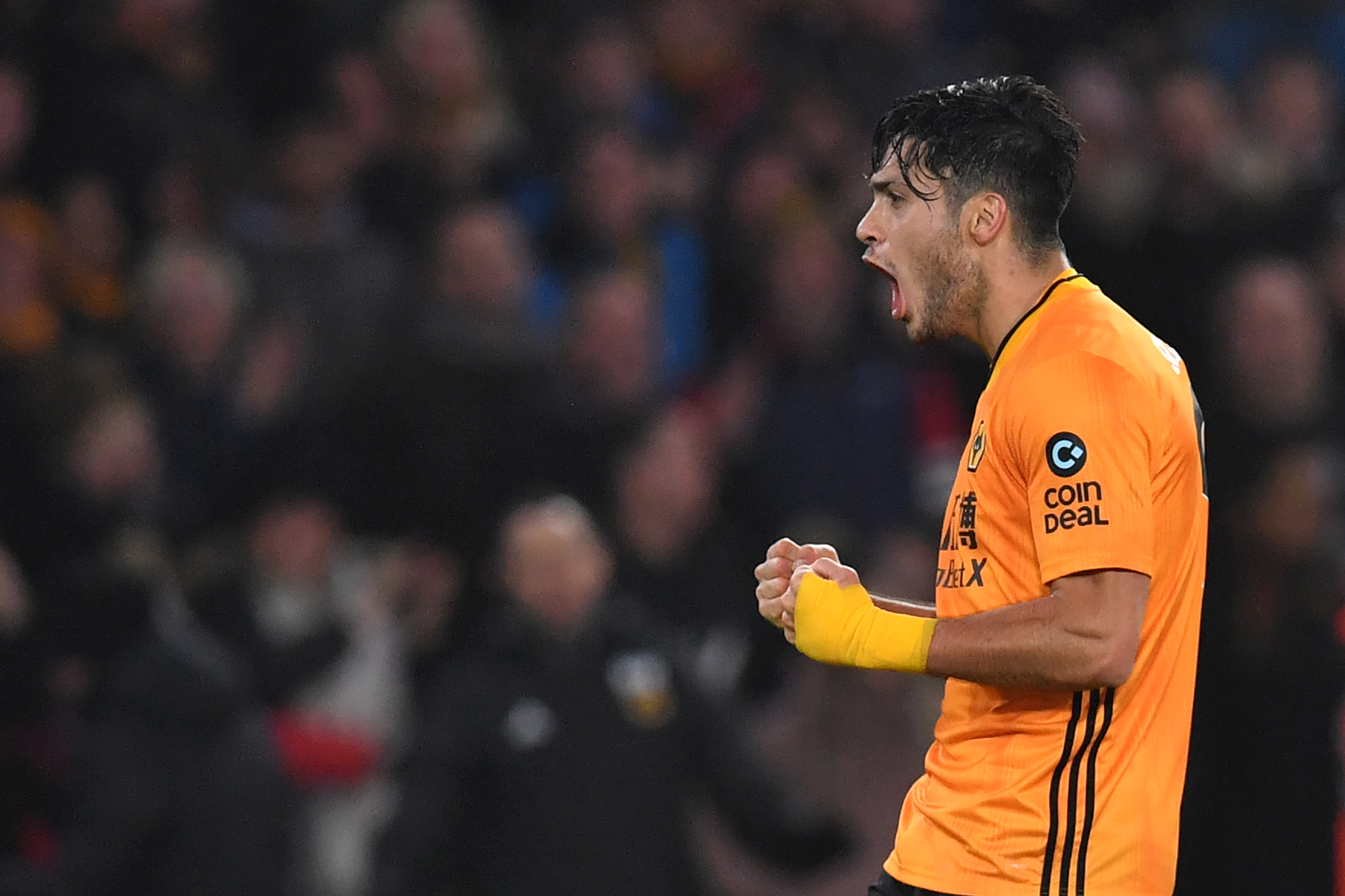
Both the formations transition into a five-man backline, with the wing-backs dropping deep, screened by a low sitting midfield, essentially leaving at least 7 players for the opponent to deal with when they attack. The blueprint of Nuno’s plan involves players who sit close to their goal when defending and are reluctant to commit too many numbers in attack. This season, though, Nuno has let more players push forward.
To play an overly cautious offensive style, Wolves need to win the ball as high up as possible. They do this by pushing two players, usually one central midfielder and one winger to cut passing lanes while the wing-back presses the player in possession. Things change when the opposition is in or nearing the final third; then one of the centre-backs drifts wide to the side of attack with the wing-back on the opposite flank acting as an auxiliary centre-half.
The Wolverhampton outfit do not shy away from using long balls from deep either. Who would when you have players as quick as Jota and Traore? Six players in the Wolves squad average four or more long passes completed per game. Rui Patricio completes 7.1 accurate long balls per game, joint sixth highest in the division.
Traore is key to Wolves’ attacking idea. The Spaniard has completed most the take-ons across the top five leagues, managing 6.3 per game. He is known for his explosive runs on the flank and is very successful in doing this because his starting position is deeper, which means he is usually unmarked, especially when Nuno uses a 3-5-2. Traore bursts across the touchline with the ball, beating defenders with speed and skill before making a decision in the final third.
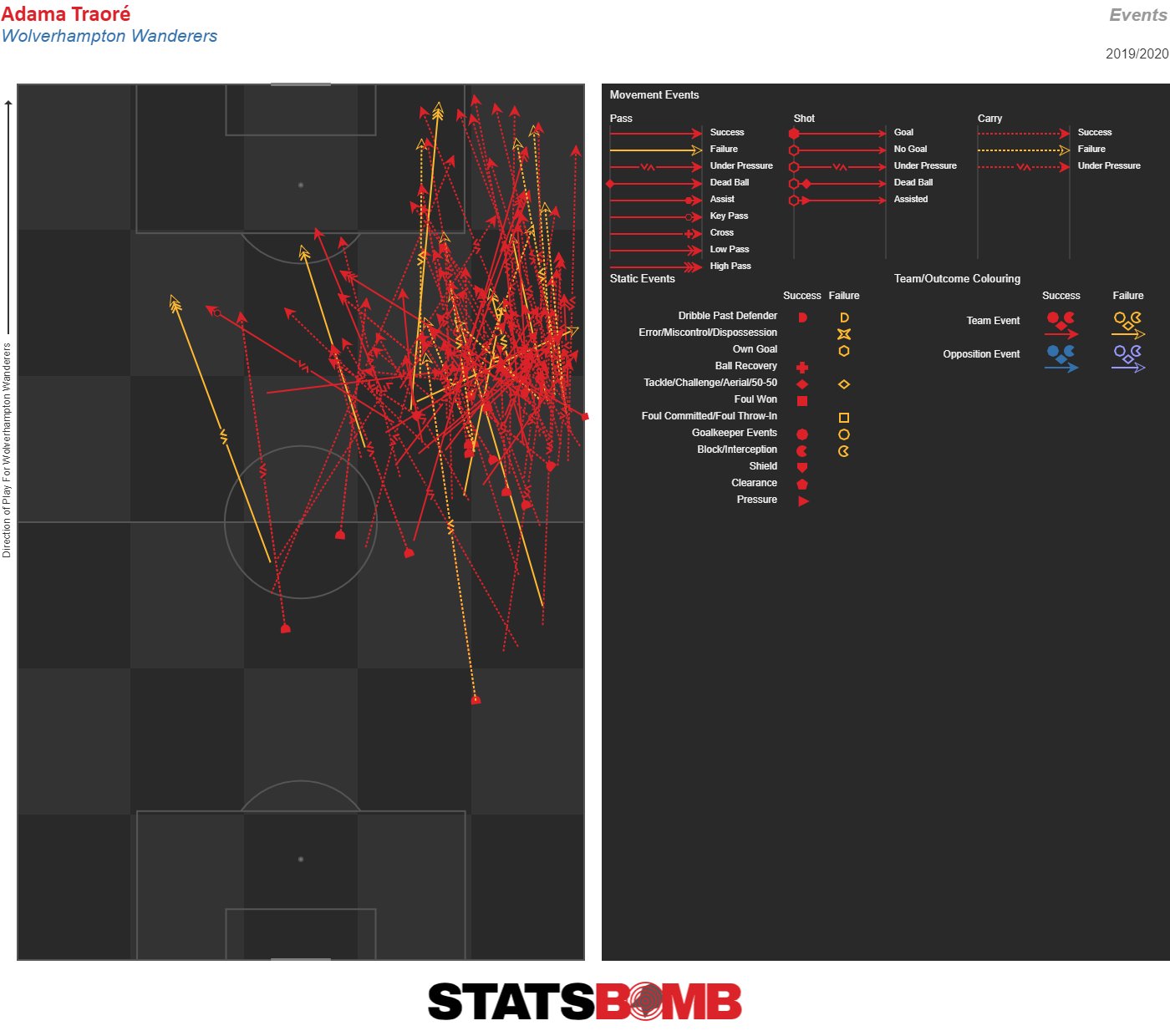
Jota, on the other hand, is able to provide a threat on the left wing with his pace, but does it better when combining with either the wing-back (usually Jonny) or the striker (usually Raul Jimenez).
The Portuguese races on the flank before passing the ball to Jonny, who holds it while Jota moves ahead into the half-space before dinking it to him, or vice-versa. The other option is to run diagonally while playing one-twos with Jimenez, who does the same. The two combine excellently and can easily progress with the ball.
As for Jimenez, the Mexican striker has proven to be a star player for Nuno. He was initially loaned in from Benfica after failed spells at Atletico Madrid and Benfica, but signed permanently for a club-record £34.2 million. Throughout two seasons, he has scored 26 goals and set up 13 for his teammates in the Premier League.
To provide a gist, Wolves are built on an unorthodox system wherein they are not reliant on keeping possession; but with the help of hardworking players who stick to the tactics propelled by their tremendous individual talent, they have managed to make a name for themselves among the big guns. The presence of a big chunk of the Portuguese national side does help with the chemistry.
An introduction to the squad
We have already told you about Wolverhampton Wanderers’ stellar front three, Adama Traore, Raul Jimenez and Diogo Jota. But, a quick trivia: between them, they have scored 23 out of the 41 goals (56%) that Wolves have netted in the Premier League this season. Jimenez has pitched in with 13 goals, Jota with six and Traore with four. The Mexican striker has already matched his 13-goal tally from last season and is expected to only add to it.
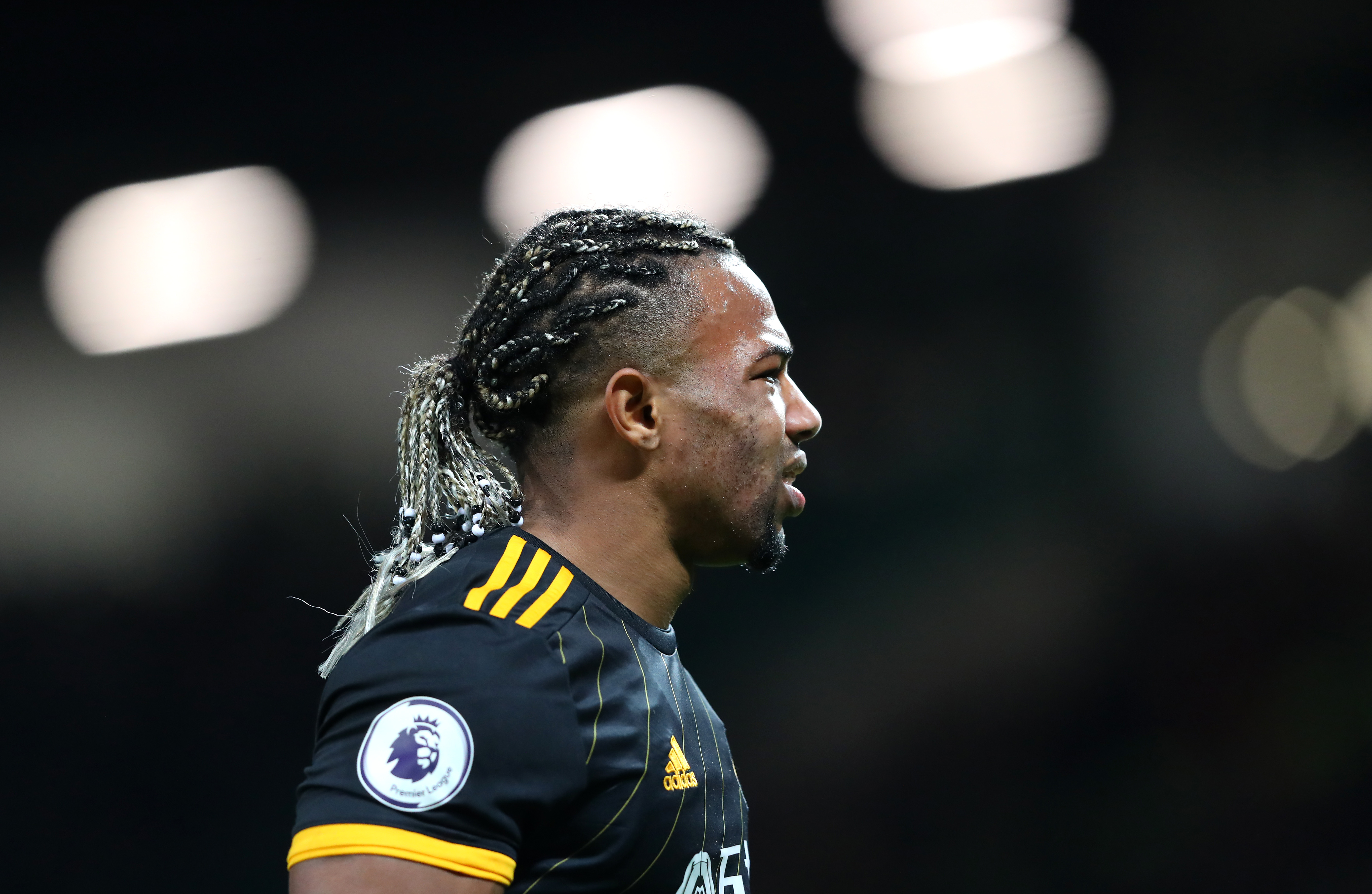
They also have 20-year-old Pedro Neto among their ranks. The youngster has started only seven games in the Premier League this season apart from 14 appearances off the bench, but has scored two and assisted two goals each.
In midfield, Wolves feature a young gun in Ruben Neves and a veteran in Joao Moutinho. The latter gets more license to roam as the former holds the fort. Moutinho is the team’s finest provider, with eight assists last season and six this term. They are often joined by Leander Dendoncker, who is essentially a centre-back, but plays in midfield to provide some much-needed grit to the lineup.
Ruben Vinagre and Morgan Gibbs-White remain a presence off the bench, and at the moment are far from being starters.
This midfield is usually flanked by Matt Doherty on the right and Jonny on the left as the wing-backs. Doherty is an exceptional attacker on and off the ball, acting as an auxiliary forward. His eight goals in the league is testament to the same.
This famous five stands guard to three central defenders, always marshalled by the brilliant Conor Coady. He has had multiple partners through the course of the season, but Roman Saiss and Willy Boly are the preferred options. Depending on the formation, Dendoncker plays on the right-hand side, but Ryan Bennett also takes up that role when the Belgian moves up the pitch. Max Kilman also remains an option from the bench.
Rui Patricio is the first-choice goalkeeper under Nuno Espirito Santo, but his spot was in danger during the initial phase of the season. The 32-year-old looked like conceding every shot he faced in that six-game period. John Ruddy is the backup to Rui Patricio and usually gets picked in cup competitions
Marquee Player: Conor Coady
Wolverhampton Wanderers boast of some very famous names in their squad including the likes of Ruben Neves, Joao Moutinho, Raul Jimenez and the man in the spotlight, Adama Traore. However, none of these players probably hold as much importance for Wolves as captain Conor Coady.
The Englishman boasts of an superb level of fitness; he played all but one game in the Championship in 2017/18, starting and completing 45(!) games. He then went on to play every single minute of Wolves’ 2018/19 Premier League season, one of only three outfield players to do so last term. Of the three, Coady is the only one who has maintained this record and has played every minute this season as well. He is as synonymous with the word indispensable as a player can be.
That is not the only exclusive club he is a part of, however. He is also one of only two outfield players in the top 10 list for the most number of accurate long passes, completing 7.1 per game. The only other outfield player in this list is Oliver Norwood of Sheffield United – another club who are having a season beyond their furthest expectations.
Coady received high praise from former teammate and Liverpool legend Jamie Carragher, who talked about Wolves’ captain, saying, “Conor Coady has also done brilliantly for Wolves; he has not missed a minute this season and is probably as good as anyone alongside van Dijk in terms of passing from the back. Conor Coady is the type of lad, if you’re a manager and you’ve got him in your dressing room, you’ve got gold dust.”
He marshalled the defence during an underwhelming phase, when Rui Patricio was far from his best (he is still not at his best, by the way), and is one of the most clutch players in the division. He has made the most number of last man tackles this campaign, tied on three with Kurt Zouma and Ricardo Pereira.
Most successful last-man tackles in the Premier League this season:
❍ Conor Coady
❍ Kurt Zouma
❍ Ricardo PereiraAll on three. pic.twitter.com/LOMv9M0Di2
— Squawka Football (@Squawka) March 23, 2020
After a three-month break in football, we might not get to see much of Conor Coady as we have over the course of two seasons, and three if you regularly follow the Championship. The freaky streak might come to an end, but the Englishman will remain a key figure for Wolves.
One for the Future: Morgan Gibbs-White
With Ruben Neves and Joao Moutinho among their ranks, Wolverhampton Wanderers do not lack players who can play the ball from deep and in Leander Dendoncker, they also possess strength in midfield. They do not, however, boast of creativity in the final third with the help of lateral movement.
Luckily, they do have a player who can do that and more. That player is Morgan Gibbs-White. The Englishman came through the ranks from the Wolves academy and was promoted last season when they reached the Premier League, seen as one of the finest English prospects, as someone blessed with great vision and the ability to pick a pass.
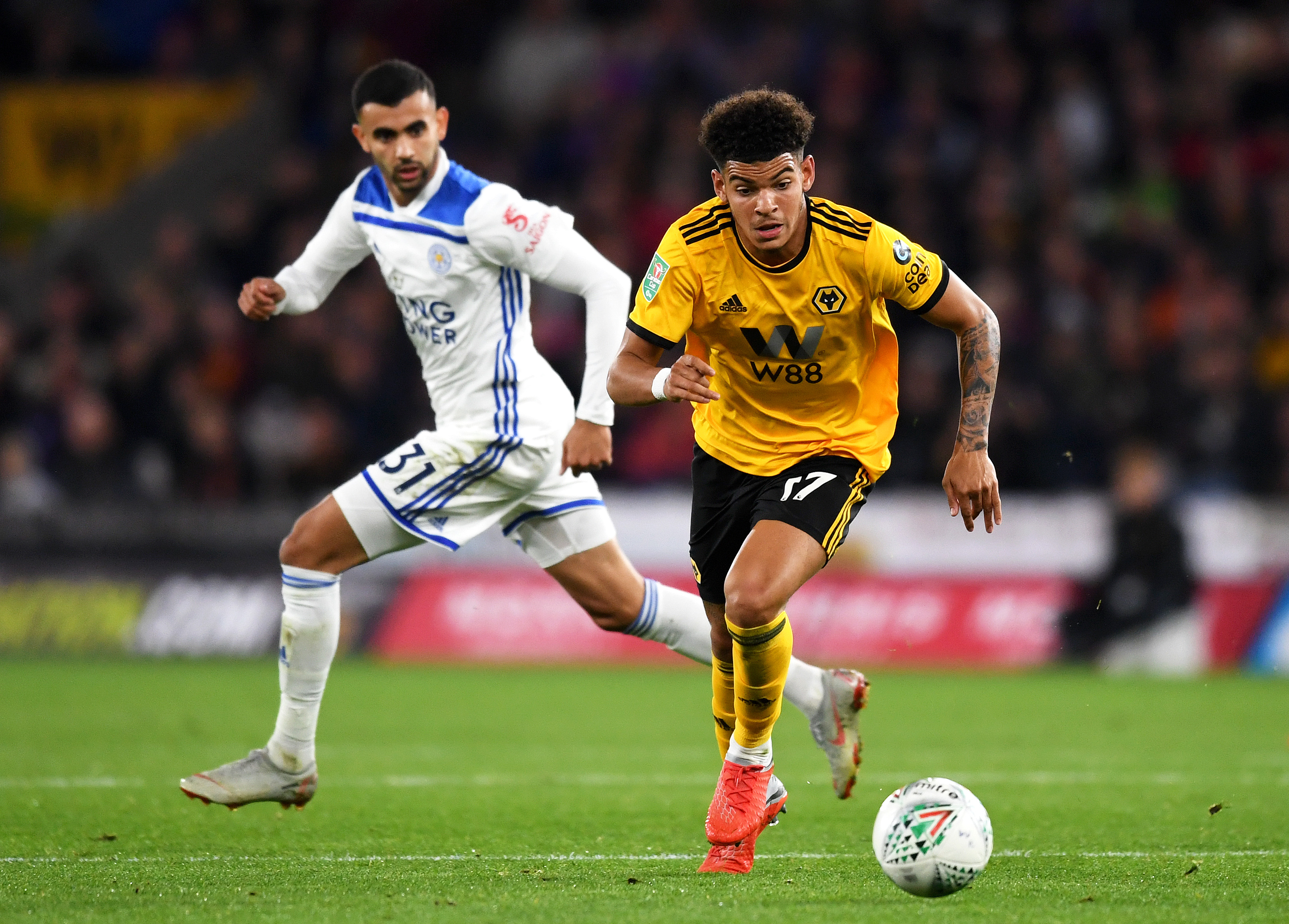
He was a constant name off the bench last season, participating in 26 games, out of which only five came as a starter. Gibbs-White fell down the pecking order even further after Nuno started to play Dendoncker in midfield.
The 20-year-old came on against Tottenham Hotspur last season when his team was trailing by three goals and threw the Spurs midfield off with his drive and agility on the ball. He completed 4 long balls and 3 dribbles in the span of half an hour, leading the charge as Wolves nearly earned a draw. He also played in an excellent pass to Raul Jimenez, which was shockingly put wide by the Mexican.
Gibbs-White was on show yet again against Chelsea, starting the game as an attacking midfielder behind Jimenez and Diogo Jota. He made the most of this start and set Jimenez up for the equaliser in stunning fashion, going past N’Golo Kante before threading in a wonderful through ball.
At 20, Gibbs-White has a long way to go and understands chances will come few and far between now that Wolves are competing for a place in the Champions League while also playing in the Europa League. But, he also knows that patience is key and the only way from here is up.
Writer’s Column
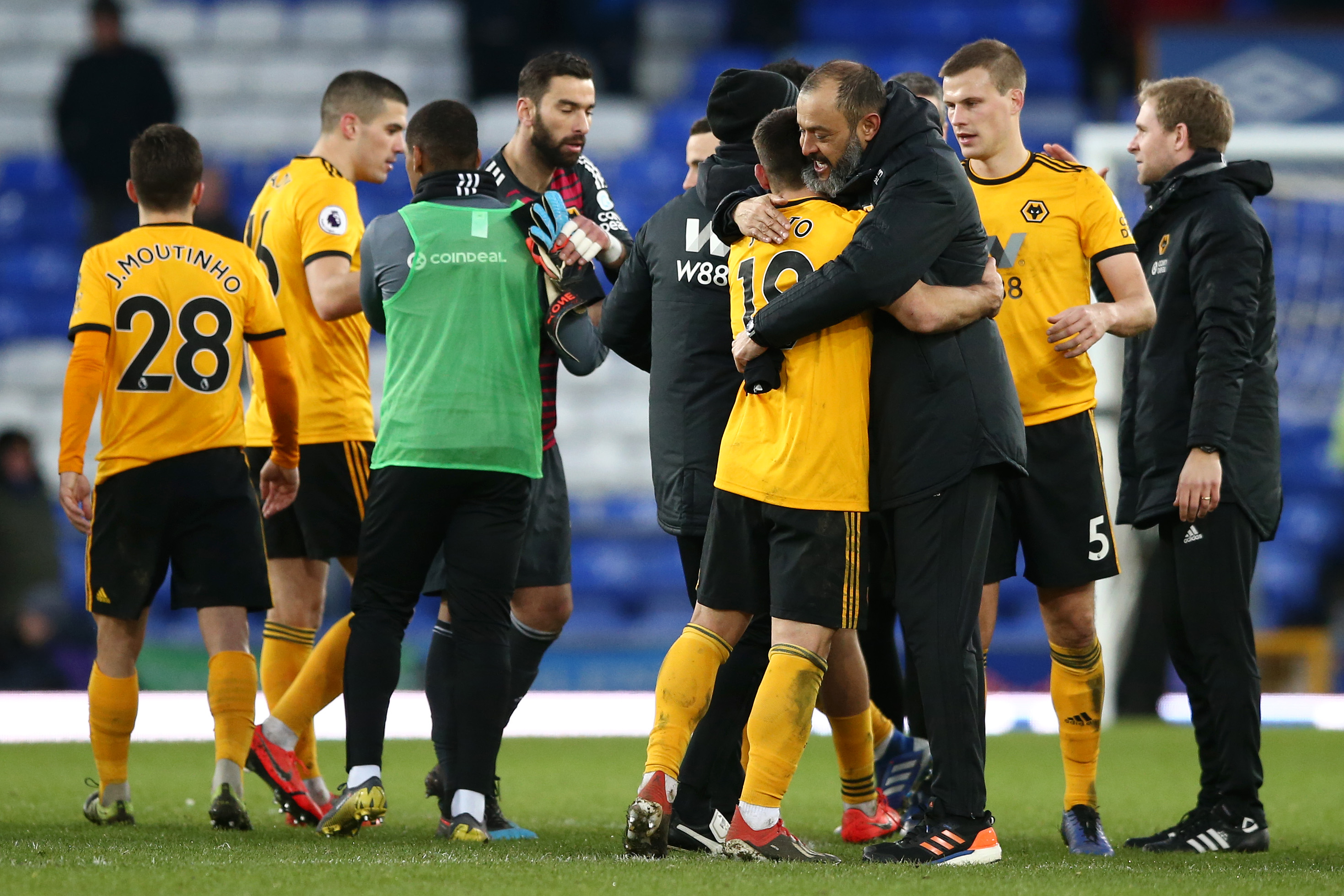
Wolverhampton Wanderers might not be the prettiest team to watch, but they sure as hell are entertaining. Adama Traore has taken the Premier League by storm this season while Diogo Jota and Ruben Neves come up with the occasional thunderbolt. Their performance in their 3-2 win over Manchester City was nothing short of superb, probably the match of the season so far.
However, they might have to go back to their ways from last season now, which required a lot less sweat, because the fixture list that lies ahead for them might be tough. They are yet to play three games against members of the ‘Big Six’ and one against Sheffield United, who are themselves pushing for that prestigious Champions League spot.
A certain Bruno Fernandes-inspired Manchester United also stand in their way of making it to Europe’s premier competition, with the Red Devils seeking a much-need return to the tournament. Wolves might miss out on that last Champions League spot, but there is no denying the kind of quality they have produced over the last two seasons led by the genius that is Nuno Espirito Santo.

